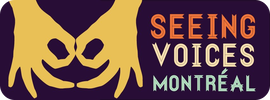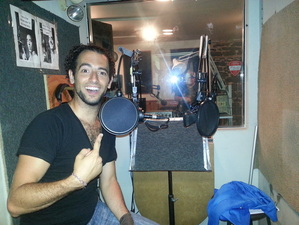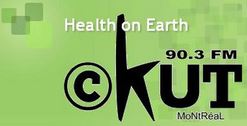|
On July 30th, a CKUT 90.3 FM McGill radio program called "Health on Earth" invited our director Jack Volpe to talk about his upbringing as a Deaf child, his personal experience as a member of the Deaf community, and his work at Seeing Voices Montreal. It is titled, "Increasing Deaf Awareness Through Theatre". You can download the July 30, 2013 episode, stream it here or read the transcript down below (click on read more). Health on Earth, CKUT 90.3 FM, July 30th, 2013 Jack: My name is Jack Volpe, I'm Deaf. I'm 28 years old, and I like long walks on the beach. Haha, I'm kidding. I have two jobs. One as a préposé, sort of like a nurse's assistant, but at a special school, the Mackay Rehabilitation Centre for students with disabilities. The second job I work as an ASL teacher. ASL means American Sign Language. Comments are closed.
|
SVM is a non-profit organization dedicated to providing educational and collaborative opportunities to build connections between D/deaf* and hearing people.
*Deaf, hard-of-hearing, orally Deaf, and deafened SVM Day Camp photosSign up for our newsletter! |
Copyright © 2024


